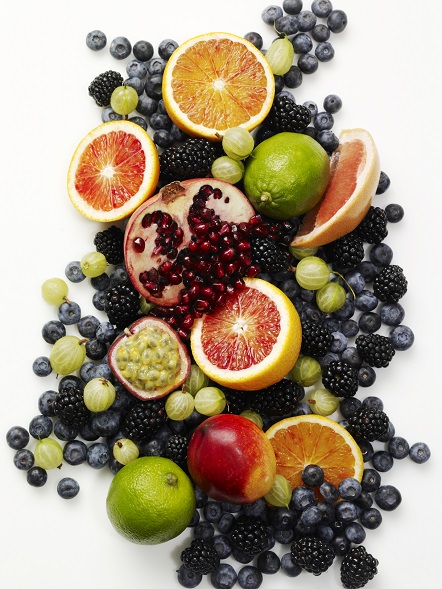 Today we are going to discuss one of the most important acne subjects there is: antioxidants and how they prevent acne.
Today we are going to discuss one of the most important acne subjects there is: antioxidants and how they prevent acne.
If you’ve read a single newspaper or seen a single billboard over the last few years then you most likely have seen adverts for these antioxidants. You might have seen adverts for antioxidant supplements or adverts for “antioxidant rich fruit juice”, all alongside a promise of huge health benefits.
This is not a scam, antioxidants are the real deal, and they are a great way to prevent acne too. We discuss them a lot on this website as they are extremely important for preventing your pores from getting blocked, and if that doesn’t happen it’s almost impossible for acne to even form. But what are antioxidants?
An antioxidant is a compound, nutrient or enzyme that has the ability to hunt down and destroy free radicals in the human body.
Preventing the harm that free radicals do is the main way in which antioxidants prevent acne from forming. Therefore you first need to know what free radicals are…
What are free radicals?
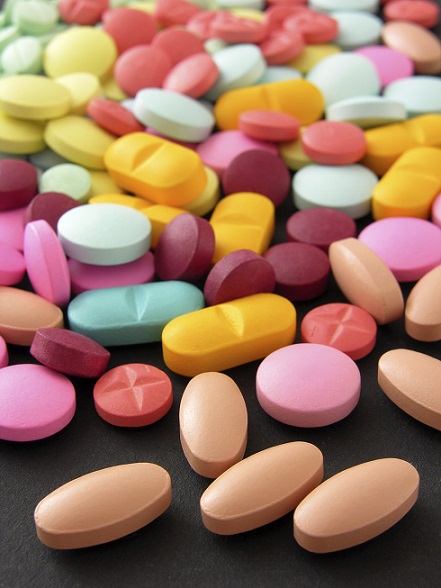 A free radical is, at its most basic, a molecule that is missing an electron. If you remember back to any science classes you’ve taken then you’ll recall that all molecules have an outer structure that is filled with electrons. They need the right amount of these electrons in order to stay stable and thus do their job in the body.
A free radical is, at its most basic, a molecule that is missing an electron. If you remember back to any science classes you’ve taken then you’ll recall that all molecules have an outer structure that is filled with electrons. They need the right amount of these electrons in order to stay stable and thus do their job in the body.
If however, they lose one of those electrons, then this once-stable molecule will become a free radical. It becomes highly unstable and in order to regain its stability the molecule embarks on a quest to regain an electron from somewhere.
Read Annihilate Your Acne – get the greatest diet ever for clear and radiant skin!
It is vital for the molecule’s survival that it is stable; therefore it “hunts down” another electron that it can steal. This quest naturally leads it to target healthy stable molecules and steal an electron from them.
However this causes a big problem. The free radical regains an electron and becomes stable, but the molecule it was stolen from becomes a free radical in its place. This new free radical then goes on a quest of its own and the cycle repeats itself.
Why does this matter? Because the whole process of cells becoming free radicals and zooming off on their quest for stability can cause catastrophic damage to the cells in your body.
Here’s an example: your eyes have a complex structure of cells that allow them to work properly and for you to see. If they are constantly bombarded with free radicals, then the structure of those cells is constantly being disrupted until eventually, they work nowhere near as well. One common example is aging; some of the effects of aging are due to your entire body being attacked by free radicals.
Free radicals can get to anywhere in your body, and therefore they can damage just about anything too. Heart disease can be caused by free radicals, blindness can be caused by them, and there’s even evidence that cancer can be.
With all that said, free radicals are not completely evil. Your body needs small amounts of free radicals to function; they are necessary for breaking down unhealthy cells so that they can be rebuilt, for example.
Next: the 6 vitamins and minerals which can massively reduce acne
It is large amounts of uncontrollable free radicals that are the real problem, and your body has a glorious solution to this: antioxidants. An antioxidant is a molecule that can lose an electron, but does not become a free radical when it does so. In the body they give an electron to an existing free radical, thus ending its quest and preventing it from causing more harm. An antioxidant is stable either with an extra electron or without it, making it well suited to this task.
You can think of the whole process like a strange disease. Imagine that you had an awful disease that gave you fever, it made you panic constantly, it made you insane; something so horrible that you couldn’t think and you absolutely had to get rid of it…
Now imagine that you could only get rid of this disease by infecting someone else with it. In the crazy zombie-like state that this disease puts you in, you would automatically run to the closest human you could find and try to infect him with it. You would then be healthy again, but that next person would be the next to go insane and he would be looking for someone else. This diseased person is the free radical.
Now imagine the effects on the local economy that this disease would have. If the infection kept spreading from person to person, people wouldn’t turn up to work, public services would crash. The city’s functioning would be damaged badly because its internal parts are constantly prevented from doing their duty. This city is your body.
Finally, imagine that somebody has the antidote to this virus. They simply have to give a diseased man the antidote and he will be cured. He won’t infect anybody else, the trail of destruction will completely stop, and there will be no further damage to the city’s functioning.
Why bread and pasta are a massive cause of acne
That antidote is an antioxidant, and that is what a real antioxidant does. It hunts down a free radical and puts its destructive quest to a total end.
How antioxidants affect your acne
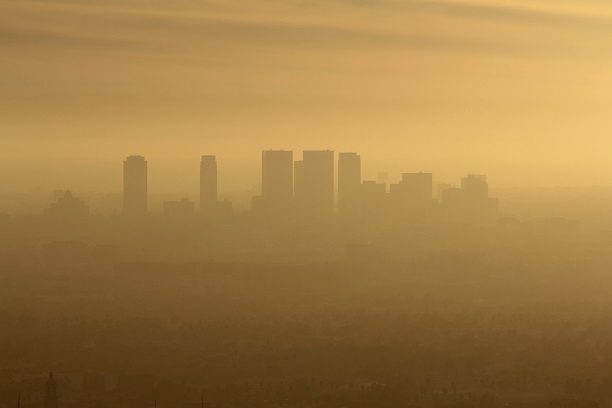 Antioxidants are vital for preventing acne because one of the biggest causes of acne is sebum oxidation.
Antioxidants are vital for preventing acne because one of the biggest causes of acne is sebum oxidation.
Sebum oxidation is when a part of the sebum on your face, known as squalene, oxidises to form squalene peroxide. This substance is one of most comedogenic (pore-blocking) substances in the world; in one study scientists created acne simply by applying it to a rabbit’s ear.
What sebum peroxide does is stimulate a local increase in sebum production and also an increase in keratin, the protein that binds your skin cells together.
The two substances then combine and block up your pores like superglue. From then on the familiar cycle begins; bacteria floods in, they are attacked with an inflammatory response, and acne is born.
Antioxidants are vital because they can prevent this from ever happening. Your body knows how bad sebum oxidation is and thus it sends antioxidants to your skin to prevent it from happening. Sebum oxidation only occurs when your body does not have enough antioxidants to send there.
The 7 greatest topical treatments for naturally clear skin
Free radicals can cause this to happen because they deplete the antioxidants in the rest of your body. If tons of free radicals are rampaging around your body, wreaking havoc and leading to all sorts of diseases, then your body will have to use up lots of antioxidants to deal with them. This means that there will be less to protect your sebum and thus more chance of acne.
Antioxidants can neutralise oily skin
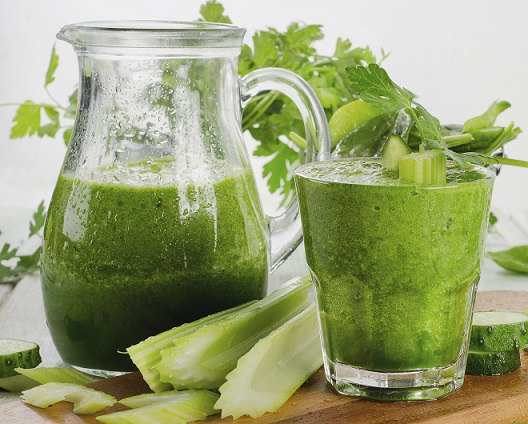 You might think that having oily skin is behind your acne, and that is partially correct. However the real problem with oily skin is not the fact that there’s so much sebum, but rather that it makes it more likely that some will oxidise.
You might think that having oily skin is behind your acne, and that is partially correct. However the real problem with oily skin is not the fact that there’s so much sebum, but rather that it makes it more likely that some will oxidise.
Put simply, having oilier skin means that a lot more antioxidants are required to protect it. That then makes it more likely that your body won’t have enough, more likely that your sebum will oxidise and more likely that it will block your pores up. Acne patients nearly always have high sebum production, and that’s why they usually don’t get enough antioxidants.
The flipside is that if you get enough antioxidants in your diet, then having oily skin does not have to be a problem. I still have fairly oily skin, but I now place a lot of effort into getting plenty of antioxidants (as well as other strategies) and thus I have no acne.
Antioxidants can also combat your genetic “issues”. A large part of your sebum production is determined by your genetics, so you might worry that you’re doomed to have acne forever.
However, once again, this sebum does not have to be a problem if you eat enough antioxidant-rich foods. With antioxidants you can override your supposed genetic destiny and achieve clear skin even if it’s oily. You will need more antioxidants if your skin is oilier but a good improvement is well within your reach.
The strategy
Let’s reassess why all this is important:
Antioxidants – vital for preventing sebum oxidation. Sebum oxidation is one of the biggest factors behind blocked pores and to cure acne you have to prevent this.
Free radicals – if you have tons of free radicals in the rest of your body, then your body will be forced to send antioxidants to eliminate them. Your body can’t have a situation when masses of cell-disrupting, body-aging, and cancer-causing agents are flowing through the body. Therefore your body uses up your precious antioxidant stores to deal with them. This means that the more free radicals there are in your body, the less antioxidants there will be to protect your sebum from oxidation.
So what does this mean for your acne curing-strategy? The first point is obvious – you need to eat plenty of antioxidants.
Your body does manufacture some on its own; one of the most common examples is glutathione. However you cannot make enough this way and thus you have to get more through your diet.
One of the big reasons why a diet rich in fruit and vegetables is so healthy is all the antioxidants. Such a diet has been linked to lower rates of countless diseases; that’s why “five a day” has been the catchphrase of every single doctor over the last century.
Other good sources of antioxidants include herbs, and spices; oregano is a particularly great source, something that a lot of people don’t know, as is ceylon cinnamon. Meat, fish and eggs contain low levels of antioxidants too.
Green tea – proven to reduce acne by up to 51% after 8 weeks
Finally, there are a select few other foods that are rich in them, and I am pleased to report that one of them is chocolate. Chocolate doesn’t cause acne and if you buy the dark variety, it contains more antioxidants than most fruit. Coffee is another fantastic source and is actually the average American’s biggest source of antioxidants. Tea is a good source, as is red wine, and there are a few other surprise sources lurking out there.
Another plank of your strategy should be to keep free radicals low, for reasons outlined above.
The tale of free radicals in food is more complicated than we can discuss here, but here’s some advice: avoid air pollution, don’t get sunburnt, limit exposure to harmful chemicals like BPA, and above all else, stop smoking cigarettes. The act of burning tobacco creates a truly enormous amount of free radicals. If you’re a smoker it will be by far your biggest source. There’s an entire article about this issue here.
You also need to minimise your usage of harsh face washes. Benzoyl Peroxide is a face wash that can kill acne-causing bacteria, but it creates tons of free radicals at the same time. According to its proponents, that is the precise reasons why benzoyl peroxide works, but the free radicals can destroy antioxidants in your skin and make sebum oxidation more likely.
Antioxidant supplements?
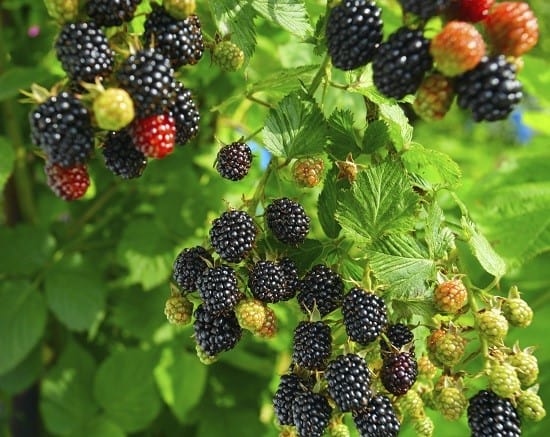 Antioxidant supplements are what they sound like: antioxidants in a pill form much like how you would take a vitamin. One common example is astaxanthin.
Antioxidant supplements are what they sound like: antioxidants in a pill form much like how you would take a vitamin. One common example is astaxanthin.
I don’t recommend that you use antioxidant supplements for acne, at least not yet. The main reason is that they have only appeared relatively recently and therefore we don’t know if they work properly. We now know that synthetic vitamins, like ascorbic acid, do not work anywhere near as well as their natural counterparts. Could antioxidant supplements have a problem that we don’t yet know about? It’s entirely possible.
That’s why for now, I recommend that you get your antioxidants from food. You will almost certainly be able to get enough this way anyway.
The only supplement that you might want to take is vitamin E, which is particularly important for protecting your sebum. Taking extra vitamin E is almost risk free and importantly, we know that the supplements work; there are plenty of proper food based supplements available.
Vitamin D – the greatest nutrient for a bright and glowing skin tone
Vitamin E is an antioxidant but is also a vitamin that’s been used in supplements for years and years. Here’s the brand I recommend: Garden of Life Raw Vitamin E (amazon link).
You can take other antioxidant supplements if you want to experiment. It’s entirely possible that they do work. What you should do is be cautious and not expect miracles. If you have hardly any money then you should definitely focus on food alone.
Conclusion
Antioxidants are absolutely vital for curing acne and getting more of them needs to be a key part of your strategy. They are useful because they prevent blocked pores, and without blocked pores your acne will struggle to ever be born.
Also important is to make the most of your antioxidants; that means that you need to eliminate free radicals to prevent your antioxidants from being used up. As for where to get your antioxidants, you can get enough from foods. You can take a supplement if you want, but most are new inventions and as a result, are not guaranteed to work.
My final recommendation is that you be specific about the foods you eat. The ultimate antioxidant strategy is to eat a good variety of fruit and vegetables, and then to add in at least one particularly excellent source. As we discussed, dark chocolate is a fantastic source, coffee is also fantastic, pomegranate is the best fruit that is commercially available, and adding oregano to as much food as you can is a great way to boost your intake.
Do this and you will almost certainly be able to prevent sebum oxidation and thus completely eradicate your acne.
NEXT: the ultimate diet for clearing acne permanently
Thanks for reading!

from what I have read, Rooibos tea is a great source of anti-oxidants, does that make the tea a good drink for acne?
Yes it is good for acne, and unlike black tea or coffee it contains no caffeine either. More importantly it has a wide variety of antioxidant classes in addition to the massive quantity.
What do you think about this product? http://iherb.com/Paradise-Herbs-ORAC-Energy-Greens-12-8-oz-364-g/10731?rcode=SAN8097
I try take astaxanthin from krill oil and my skin has improve and is more radiant
Would nutmeg spice (in yogurt, chocolate, tea) make a good addition to your recommended list of antioxidants for acne?
Absolutely, as long as you stick to normal amounts. Too much can cause hallucinations, or dizziness, nausea and an irregular heartbeat. Luckily those symptoms are very noticeable so it’s easy to tell when you’re overdoing it. Those doses would have to be very high anyway. Some people actually take nutmeg as a drug.
Would match a tea make a good drink for acne? I have heard it has some of the highest antioxidant counts
Is white tea a good acne drink? Or will it completely ruin our hormonal health?